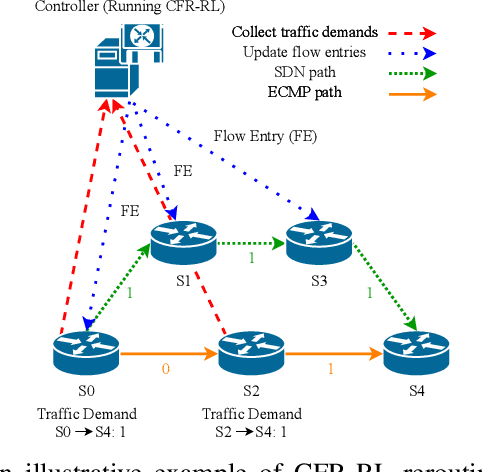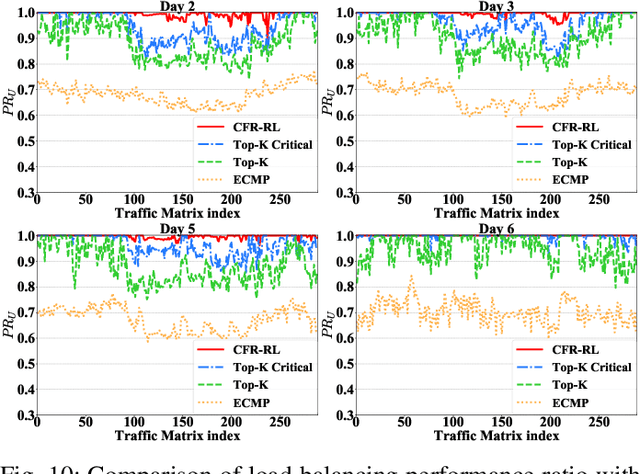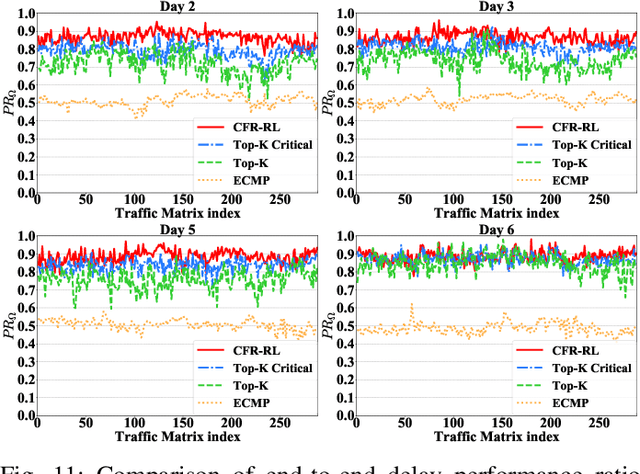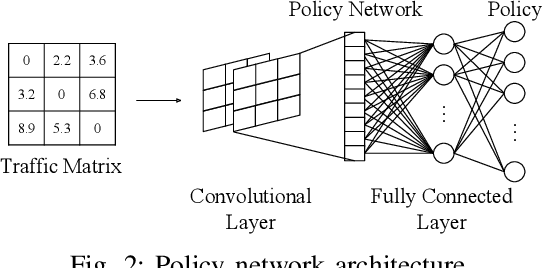Chen-Yu Yen
Adaptive Sampling of k-Space in Magnetic Resonance for Rapid Pathology Prediction
Jun 06, 2024



Abstract:Magnetic Resonance (MR) imaging, despite its proven diagnostic utility, remains an inaccessible imaging modality for disease surveillance at the population level. A major factor rendering MR inaccessible is lengthy scan times. An MR scanner collects measurements associated with the underlying anatomy in the Fourier space, also known as the k-space. Creating a high-fidelity image requires collecting large quantities of such measurements, increasing the scan time. Traditionally to accelerate an MR scan, image reconstruction from under-sampled k-space data is the method of choice. However, recent works show the feasibility of bypassing image reconstruction and directly learning to detect disease directly from a sparser learned subset of the k-space measurements. In this work, we propose Adaptive Sampling for MR (ASMR), a sampling method that learns an adaptive policy to sequentially select k-space samples to optimize for target disease detection. On 6 out of 8 pathology classification tasks spanning the Knee, Brain, and Prostate MR scans, ASMR reaches within 2% of the performance of a fully sampled classifier while using only 8% of the k-space, as well as outperforming prior state-of-the-art work in k-space sampling such as EMRT, LOUPE, and DPS.
CFR-RL: Traffic Engineering with Reinforcement Learning in SDN
Apr 24, 2020



Abstract:Traditional Traffic Engineering (TE) solutions can achieve the optimal or near-optimal performance by rerouting as many flows as possible. However, they do not usually consider the negative impact, such as packet out of order, when frequently rerouting flows in the network. To mitigate the impact of network disturbance, one promising TE solution is forwarding the majority of traffic flows using Equal-Cost Multi-Path (ECMP) and selectively rerouting a few critical flows using Software-Defined Networking (SDN) to balance link utilization of the network. However, critical flow rerouting is not trivial because the solution space for critical flow selection is enormous. Moreover, it is impossible to design a heuristic algorithm for this problem based on fixed and simple rules, since rule-based heuristics are unable to adapt to the changes of the traffic matrix and network dynamics. In this paper, we propose CFR-RL (Critical Flow Rerouting-Reinforcement Learning), a Reinforcement Learning-based scheme that learns a policy to select critical flows for each given traffic matrix automatically. CFR-RL then reroutes these selected critical flows to balance link utilization of the network by formulating and solving a simple Linear Programming (LP) problem. Extensive evaluations show that CFR-RL achieves near-optimal performance by rerouting only 10%-21.3% of total traffic.
 Add to Chrome
Add to Chrome Add to Firefox
Add to Firefox Add to Edge
Add to Edge